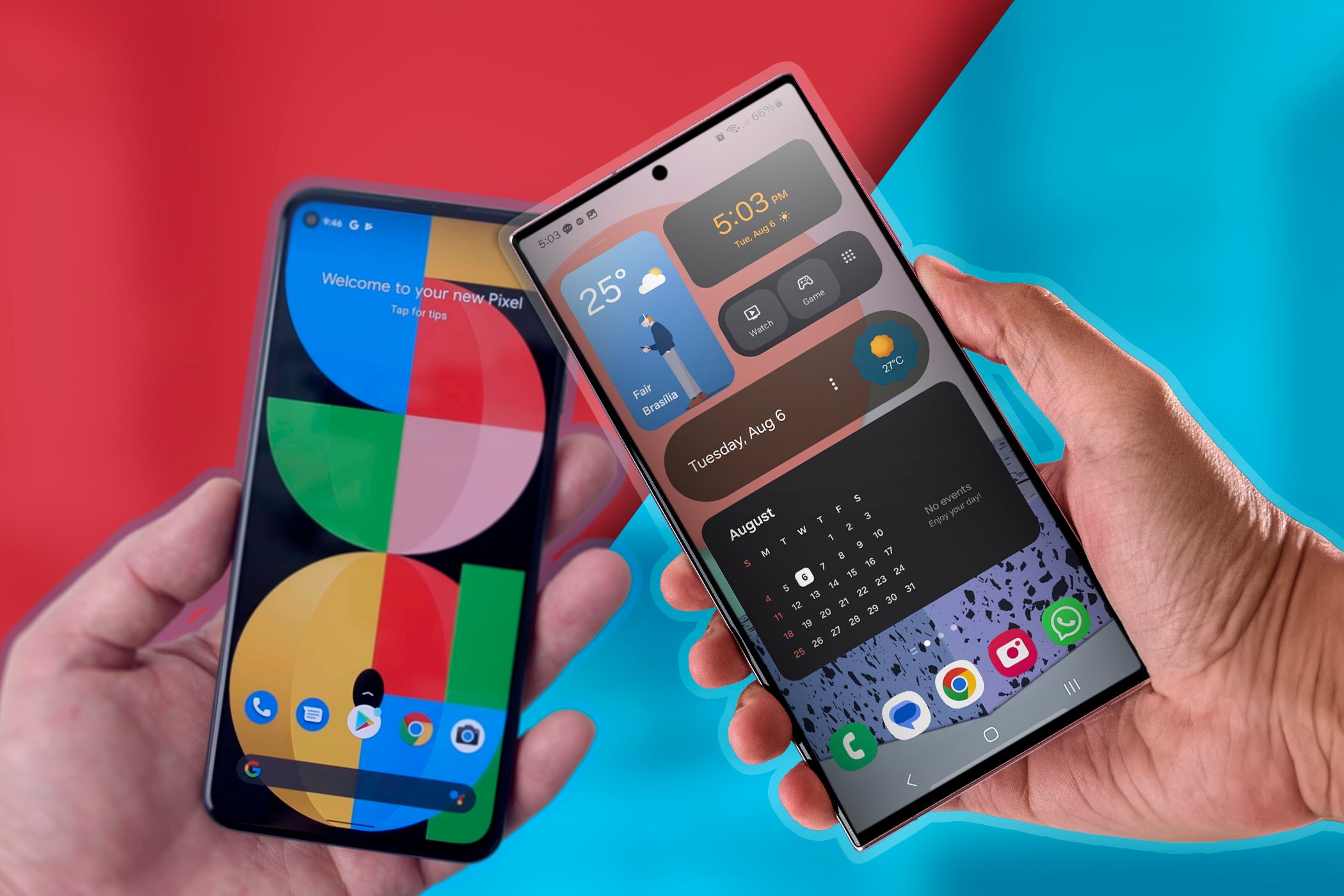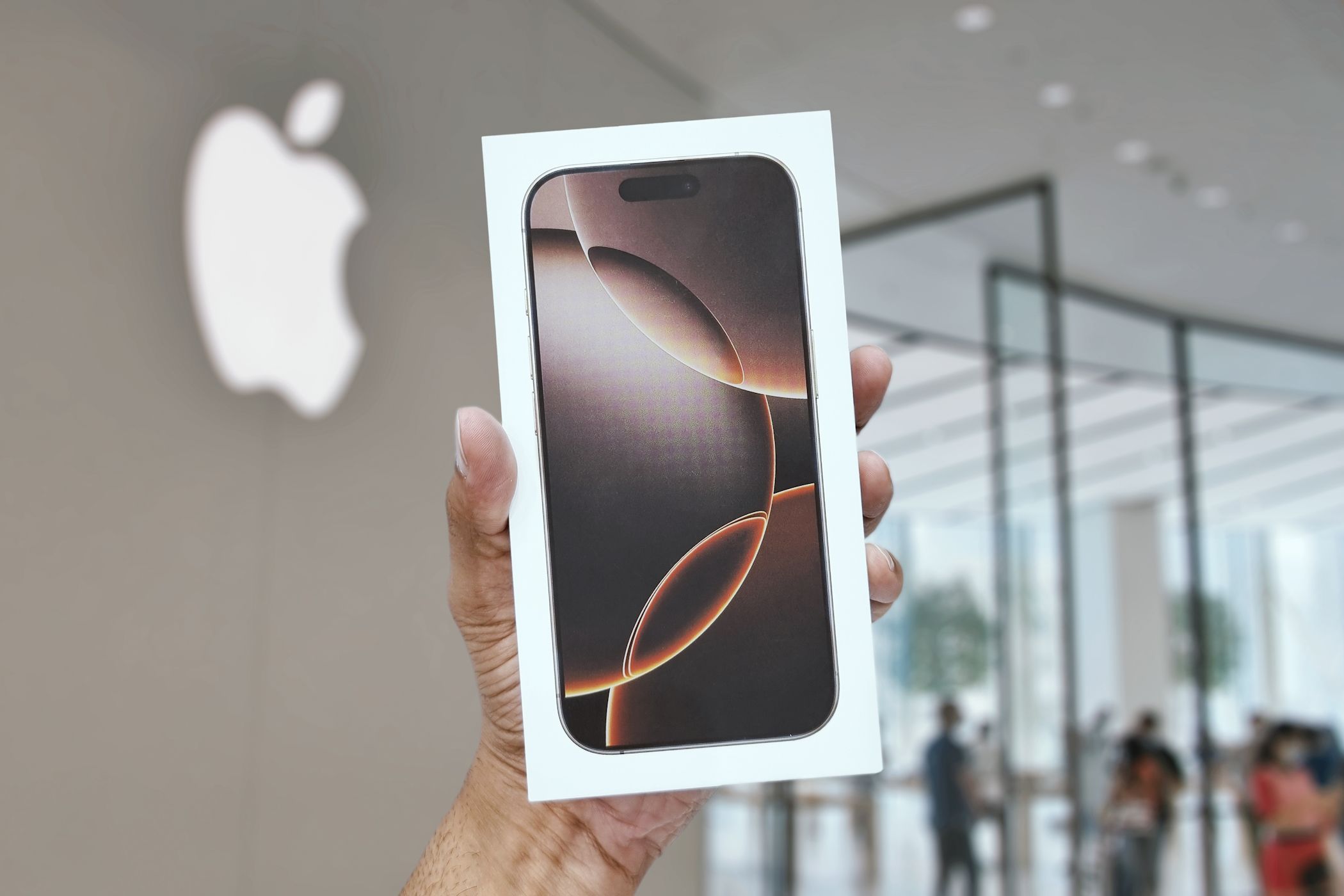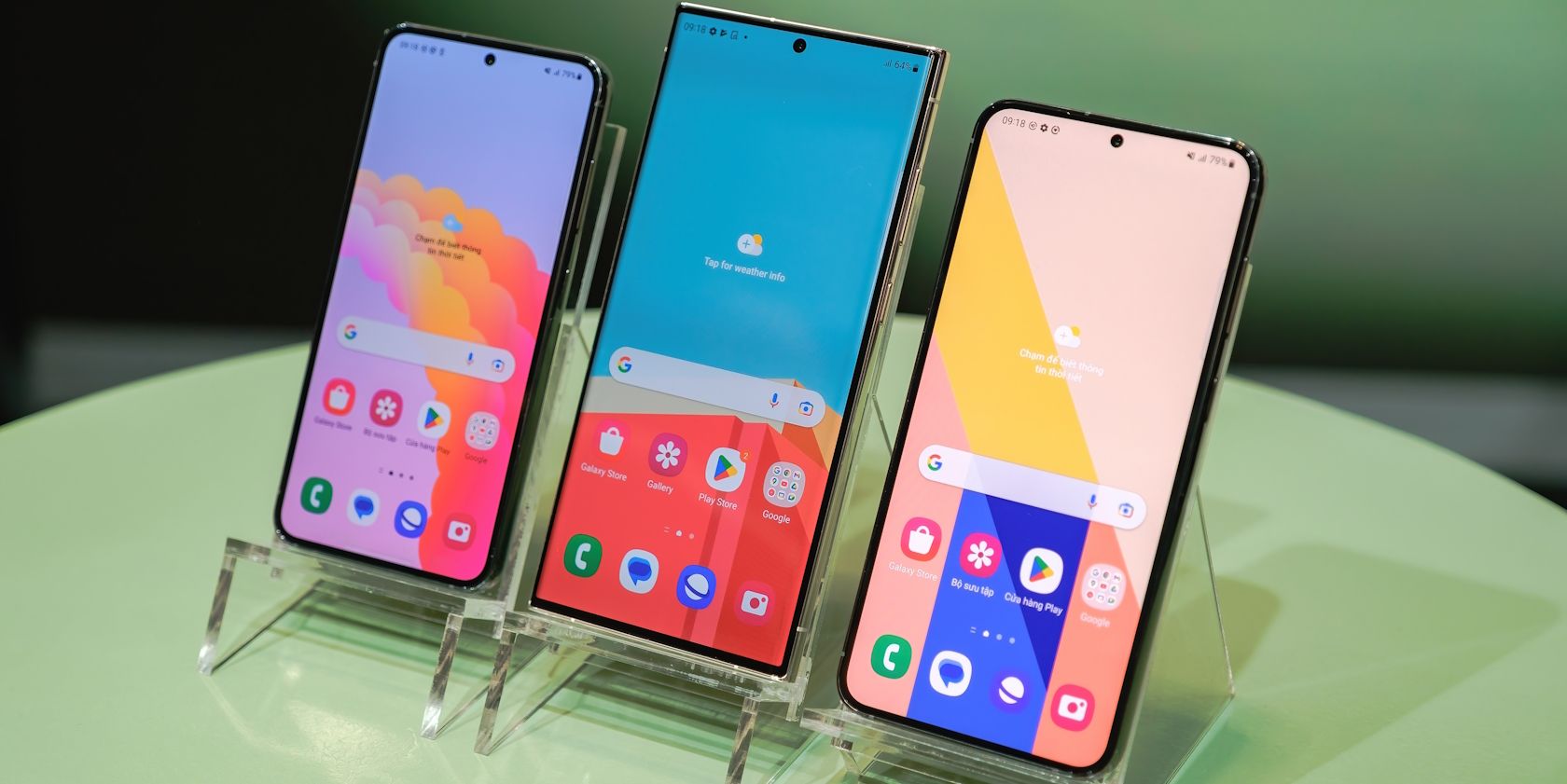Quick Links
-
How Apple Makes Purchasing iPhones Easy
-
Analysis Paralysis When Choosing Android Phones
Summary
- Android phone makers give you plenty of options, but that only makes buying the right smartphone a hassle.
- Staggered releases from Android brands make it hard to decide if you should buy now or wait a couple more months for the next flagship phone.
- Apple’s predictable annual releases and consistent software support make it easy to buy the right iPhone for my needs.
Every time I think about switching to Android, I feel stuck. Something about the decision-making process keeps pushing me back toward Apple. It’s not about specs or ecosystems—it’s about smartphone purchases being hectic. Let me explain.
The “Best Phone” Dilemma
Choosing a smartphone should be exciting, not exhausting. With Apple, the decision is easy. Each year, there’s a clear lineup: the standard model, the Pro, and maybe a Pro Max or Plus. You know where you stand. The latest release is always the best Apple has to offer, and the choice boils down to the screen size, battery life, or camera specs.
Android, however, tells a different story. There’s no single “best” phone to point to in a given year. Take Samsung, for example. Its Galaxy S series is a top contender, but the company also offers the Galaxy Z Fold series, which is more expensive. Then there’s Google’s Pixel lineup, known for its stock Android experience. On top of that, brands like OnePlus and Xiaomi push the envelope with insane charging speeds and aggressive pricing strategies that make them hard to ignore.
Each of these phones offers something unique, which is great in theory. But deciding which one is right for you becomes very challenging when every release claims to be the “perfect” phone. What’s more, these flagship models don’t arrive around the same time. Samsung typically releases its Galaxy S series models in January or February, whereas Google waits until the fall for its latest Pixel phones.
This staggered release schedule adds another layer of uncertainty. Should you buy what’s available now or wait for the next big thing? The sheer number of options, combined with a constant flow of new releases, creates a sense of perpetual FOMO (fear of missing out). And let’s be honest: who wants to feel buyer’s remorse after spending a grand on a phone?
How Apple Makes Purchasing iPhones Easy
One of the things Apple does better than Android makers is simplicity. Each year, you know what to expect: a standard iPhone, a Pro model, and a larger version of each. That’s it.
Apple’s consistency extends beyond naming. All its devices run the same iOS software, receive updates at the same time, and work seamlessly within its ecosystem. You can buy an iPhone with confidence, knowing that you’re getting the same core experience whether you splurge on the Pro or stick with the standard model.
Even the timing is predictable. September rolls around, and Apple announces its flagship iPhone lineup. There’s no second-guessing if you’re buying too soon or waiting too long—it’s the same time every year. This clarity makes choosing an iPhone feel like a no-brainer.
With Android, though? Even if you like a phone for its hardware, you’re often left wondering if it’ll receive timely updates or how long it’ll stay relevant. Apple removes that uncertainty, and for someone like me, who doesn’t want to spend weeks agonizing over specs and features, that’s priceless.
Analysis Paralysis When Choosing Android Phones
Having options is great—until it isn’t. Psychology even has a term for this: analysis paralysis. It happens when you have so many options that you struggle to make any decision at all. And for me, Android epitomizes this problem.
I fall into a rabbit hole of comparisons with every new phone I research. Should I choose the one with the better camera or the bigger battery? Is a brighter display more important than faster charging? And just when I think I’ve narrowed it down, another contender pops up, making me second-guess everything.
Apple avoids this trap entirely. It doesn’t give you endless options to weigh. Instead, it says, Here are the new iPhones. Pick your size, pick your price, and go enjoy your life. This simplicity is refreshing, and frankly, it saves me a lot of time and mental energy.
The irony is that variety is meant to be one of Android manufacturers’ biggest strengths. But for people like me, who crave clarity over complexity, the endless options feel more like a burden than a benefit.
So, while Android phones may offer innovation and variety, I’ve learned that too many options can sometimes be a dealbreaker. And that’s why I’d probably never buy an Android phone.








